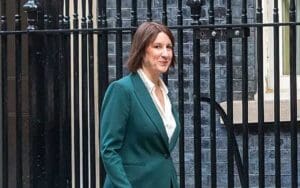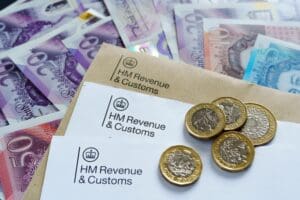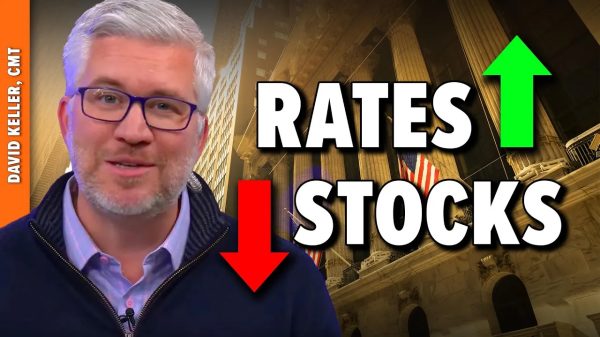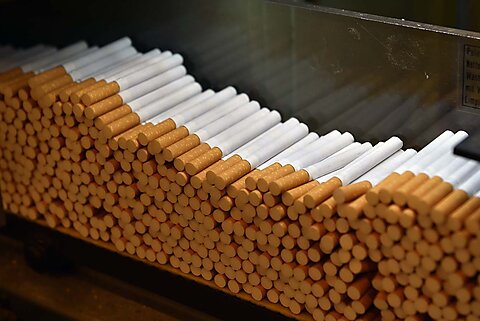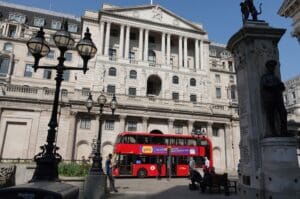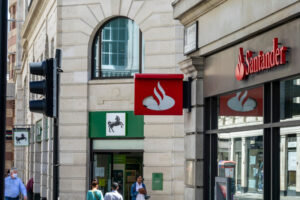Sterling has tumbled to its weakest level since April following stark warnings from an influential survey that Britain may be on the brink of an industrial recession.
The pound dropped by 1pc against the dollar on Thursday, slipping below $1.24, amid growing concerns that the UK economy is faltering. In stark contrast, optimism is rising in the United States, where Donald Trump’s promised tax cuts are expected to boost growth and strengthen the dollar.
Fresh data from the purchasing managers’ index (PMI), compiled by S&P Global, showed UK factory activity in December fell at the fastest rate in 11 months, with a reading of 47, down from 48 in November. That marks the third consecutive month below the 50 threshold that separates growth from contraction.
Rob Dobson, economics director at S&P Global, cautioned that flagging growth, dwindling exports, and rising costs have rattled businesses. Many are cutting staff and reducing orders.
“Manufacturers are facing an increasingly downbeat backdrop,” he said. “Business sentiment is now at its lowest for two years, as the new Government’s rhetoric and announced policy changes dampen confidence and push up costs at UK factories and their clients alike.
“This is sending a winter chill through the labour market. December recorded the steepest job cuts since February. Some companies are restructuring now, anticipating higher employer National Insurance and minimum wage levels in 2025.”
The figures heighten the prospect of the UK following the eurozone into an industrial recession. Manufacturers across the single currency bloc suffered a deepening downturn in December as both France and Germany posted fresh slumps.
France’s PMI dropped from 43.1 to 41.9 in December, signalling the sharpest dip in manufacturing activity since May 2020. Germany’s reading also edged down to 42.5 from 43, extending its industrial struggles.
In a reversal of the post-2009 debt crisis order, Spain and Greece remain the eurozone’s rare bright spots, with both showing growth last month.
Cyrus de la Rubia at Hamburg Commercial Bank, which publishes the index with S&P Global, said: “Within the eurozone, Spain is doing its own thing. Its manufacturing sector continued to expand robustly at the end of the year, while the three largest eurozone countries – Germany, France, and Italy – are stuck in an industrial recession.
“Spain’s lower exposure to China, at just 2pc of exports, has helped insulate it, alongside falling energy costs. However, it accounts for only about 12pc of the eurozone’s GDP, so it can’t lift the bloc’s economy on its own.”
The euro fell 0.35pc to $1.03.
A Treasury spokesman said: “We delivered a once-in-a-Parliament budget to wipe the slate clean and provide the stability businesses so desperately need, without raising taxes on working people. By restoring political and financial stability, we are creating the conditions for economic growth through investment and reform.”
Read more:
Pound sinks to nine-month low as recession fears grip UK manufacturing


